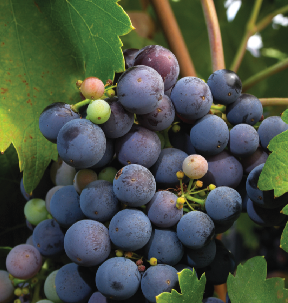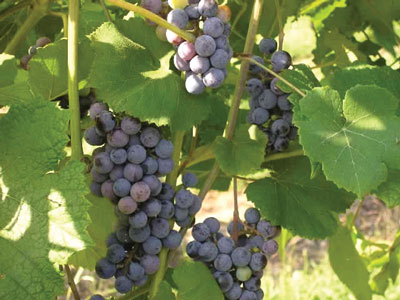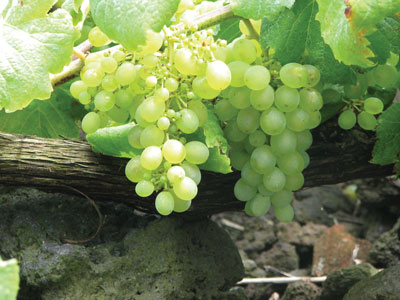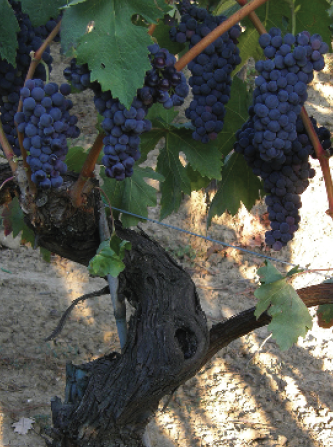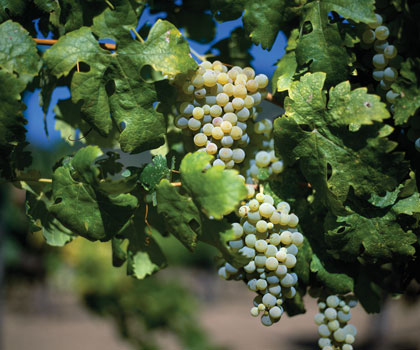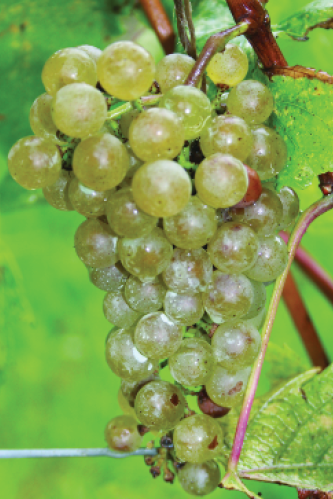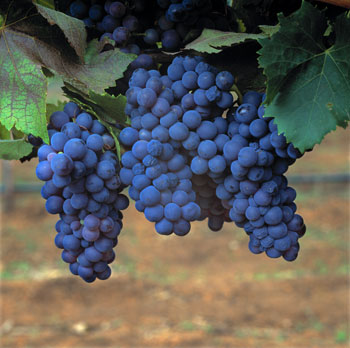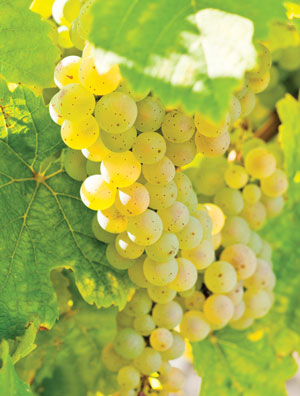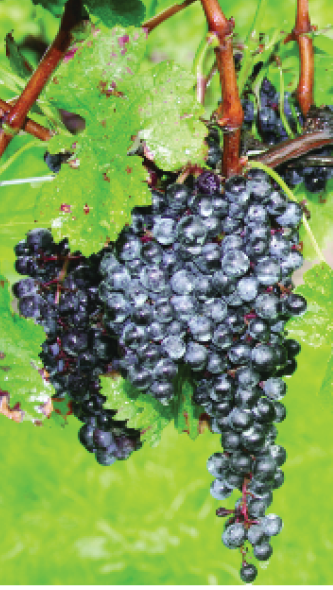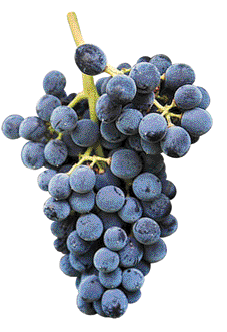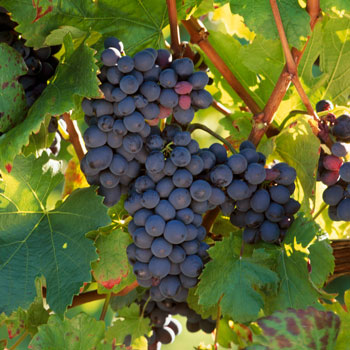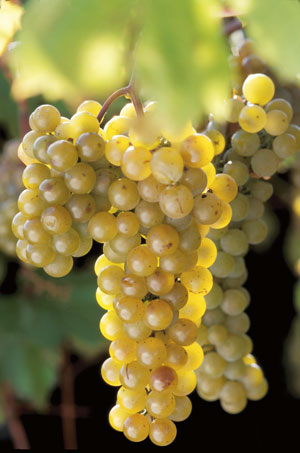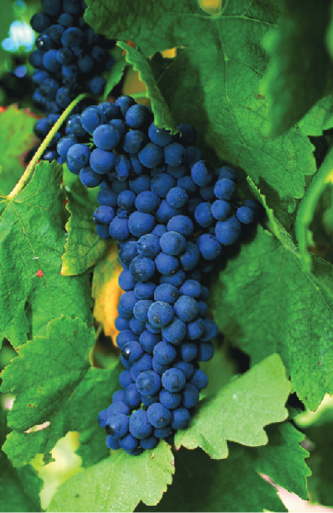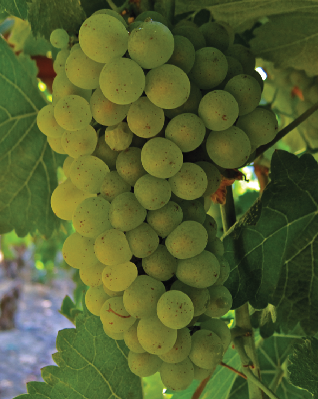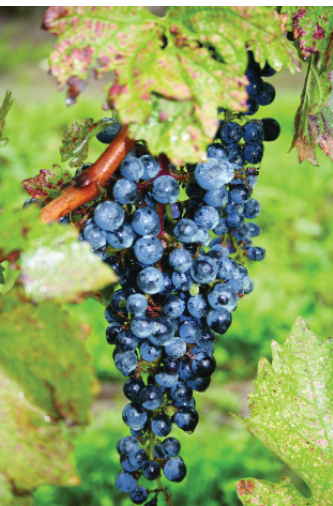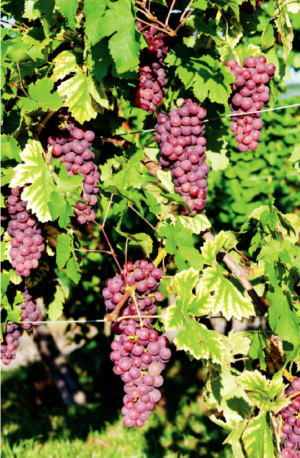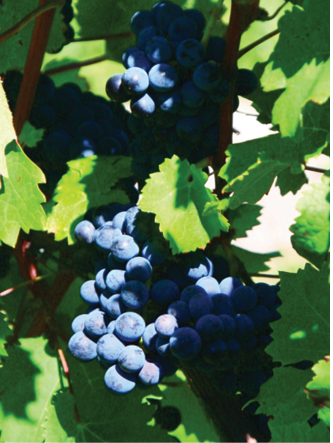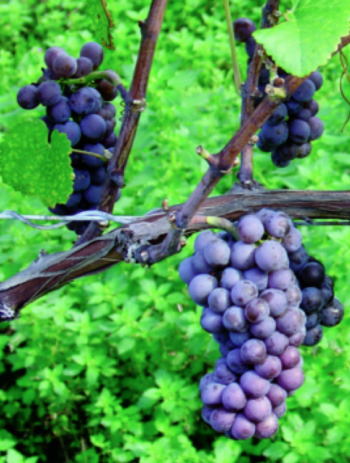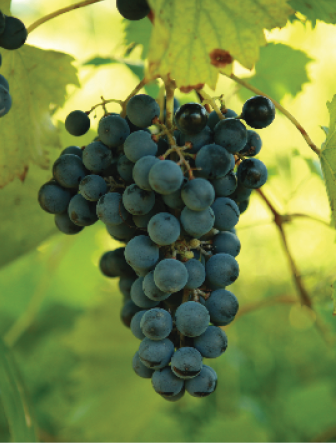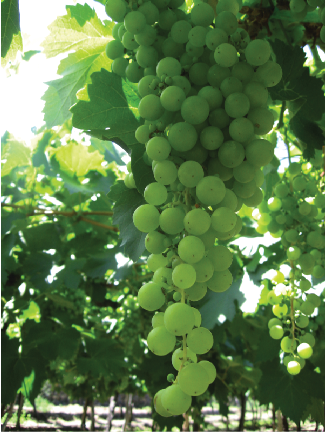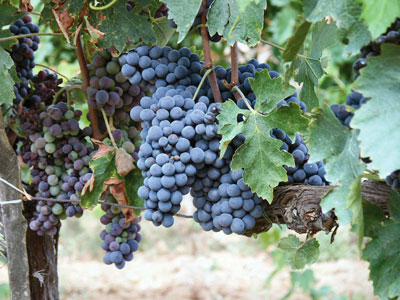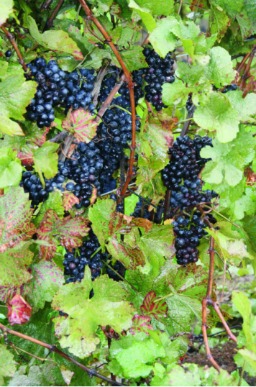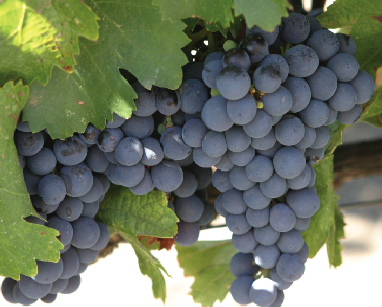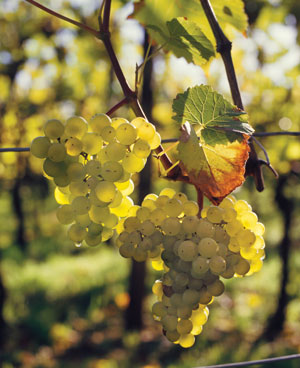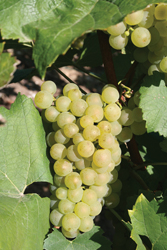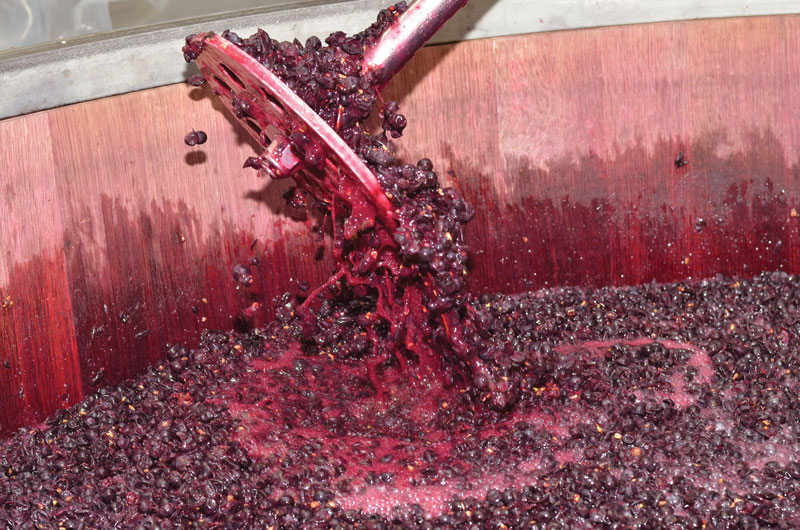Special Issue - Varietal Focus
Zinfandel: ‘America’s’ grape
We all are familiar with White Zinfandel, the rosé style that enjoyed immense popularity in recent years and led to the emergence of a rosé boom with other varieties.
Norton: New World nobility
The experts surmise Norton is likely a cross between V. aestivalis and an unknown V. vinifera species. There is possibly some contribution of V. labrusca.
Verdelho: More than Madeira
Verdelho is the most widely planted grape on the Portuguese island of Madeira.
Tempranillo: Spanish nobility
Tempranillo is the predominant black grape variety from the northern wine region of Spain we know as the Rioja, and other regions of the Iberian Peninsula.
Sauvignon Blanc: The ‘wild white”
Sauvignon Blanc originated in the Loire Valley of France, and people started cultivating it as a wine grape starting sometime in the 19th century.
Grenache: An international blender
In the vineyard, Grenache is extremely vigorous and needs a long growing season to mature all of its fruit.
Riesling: German nobility
To this day, I consider that Riesling vintage one of the best wines I ever made, and I wish I could find a bottle or two in my cellar to taste what I had predicted to be a very graceful aging wine.
Merlot: Noble grape of Bordeaux
. . . Merlot is the most common grape variety grown in France with about 280,000 acres.
Nero d’Avola: The red grape of Sicily
. . . Sicily’s legacy of red wine is all about Nero d’Avola, second only to Catarratto Bianco. There are almost 18,000 hectares (about 46,000 acres) of Nero in Sicily.
Pinotage: The Red Grape of South Africa
Pinotage is the most recognized — though not the most widely grown — South African red wine grape.
La Crescent: Cold-Climate Hybrid
Looking for a cold-hardy white to grow in a colder northern clime? Meet the University of Minnesota’s La Crescent.
Syrah: Versatile, bold and colorful
Australia recognizes Syrah as Shiraz. It is presumed that the name stuck as the cuttings that were brought to the country in the 1830s by James Busby were identified with the names Ciras and Scryas, making it difficult to research the origins of the name, given the Iranian connection . . .
Chenin Blanc: The taste of terroir
Viticulturists in the Loire Valley tend to describe its flavor as an expression of the terroir of the land.
Cabernet Sauvignon: The king of red wine grapes
Cabernet Sauvignon is known for making some of the world’s most robust red wines.
Gewürztraminer
Alsace vineyards are tucked into the predominantly east facing slopes of the Vosges Mountains . . .
Cabernet Franc: The “other” Cabernet king
Cabernet Franc is thought to have originated in Southwest France, specifically in Libournais.
Pinot Gris/Grigio The name says it all, or does it?
Unknown to the science at the time, these genetic mutations were first noticed hundreds of years ago in Burgundy, France, where the mutants grew side by side, and sometimes within the same plant as Pinot Noir.
Chambourcin: A vigorous, dark hybrid
. . . (Chambourcin) does get a little more respect than other hybrids because of its ability to improve color in other wines without taking away from the other grapes’ varietal character . . .
Torrontés: An alternative to the common whites
I was particularly drawn to Torrontés because of the Muscat-like flavors, but another reason was because of the challenge it presents from a winemaking perspective . . .
Sangiovese: The king of Tuscany
Grapes in Tuscany are a way of life, and Sangiovese, the red workhorse of Tuscany through the millennia, is as noble as they get — well, depending who you talk to.
Pinot Noir
While traveling recently in the Burgundy region of France, it was easy to see why the world loves Pinot Noir. It is the only red grape grown in that region, and the
Malbec: Beyond Bordeaux
When we think of the great wines of the Bordeaux region of France the names of the Grand Cru châteaus of Lafite, Latour, Mouton-Rothschild, Haut-Brion or Cheval Blanc come up. Today, the
Seyval Blanc
Seyval blanc (say-VAHL blahnk) is a hybrid, the product of intentional breeding to blend and express desirable traits from the parent vines. And unfortunately, hybrids often get no respect in the world
Chardonnay
Chardonnay is one of the world’s most popular wine grapes, as evidenced by widespread plantings in France, Australia, South Africa, South America and the United States. The grape is thought to have



